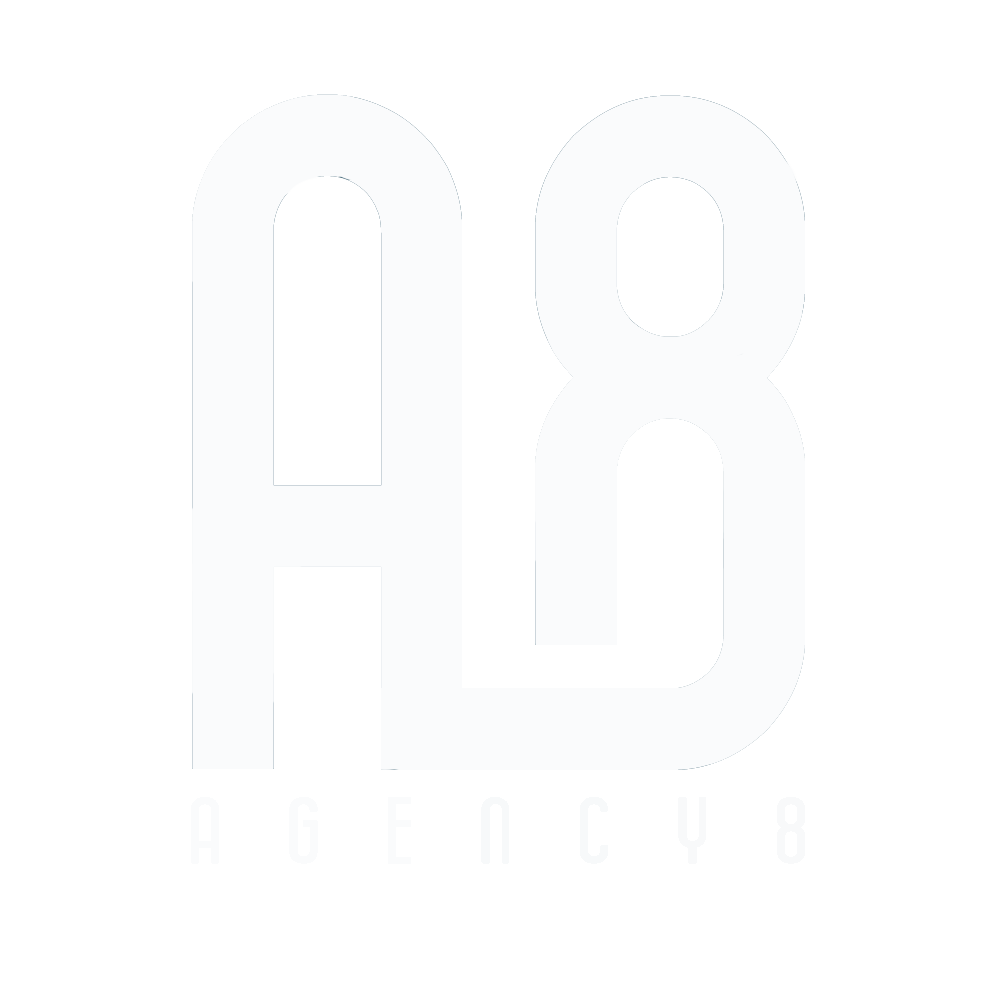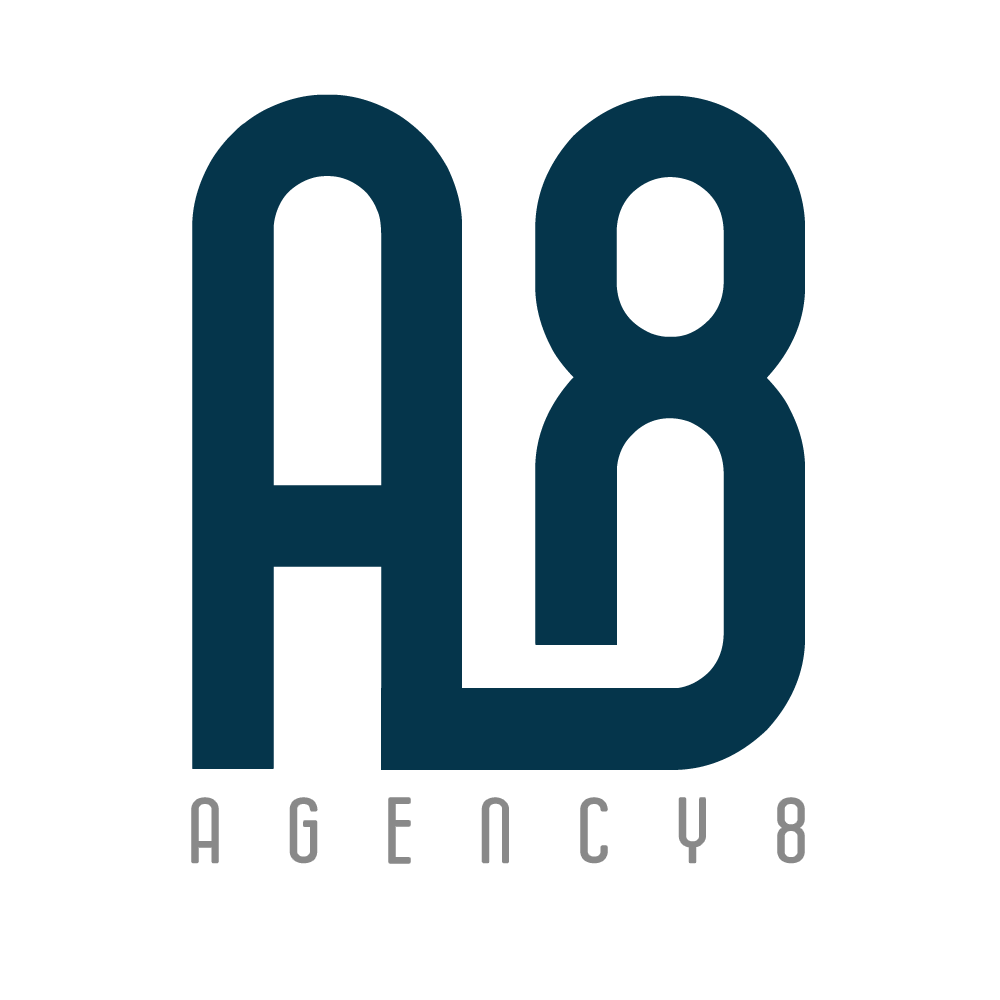If you think that startups are the folly of the young – Gen Z and millennials, think again. Successful founders tend to be Gen X (those born between 1965-1980) and Baby Boomers (1946-1964). Maturity, industry experience, the ability to access personal funds, and a larger network of friends and family who can support early stage funding all account for the reasons why these generations are more successful. Even new founders have decades of work experience at this point in their careers and that is extremely important when it comes to a solid understanding of navigating the complexities of launching, and scaling a successful business. So, what is the best age for startup success? According to an article published in the Harvard Business Review, the average age of a successful startup founder is 45 and a 60-year old is 3X as likely to be successful in a startup compared to a 30-year old.
Despite the high failure rate of startups with over two thirds failing within 2-5 years, the number of new businesses registered in the United States continues to grow. In 2019, there were 30.7 million businesses in the United States employing 59.9 million people.
Startups are considered small businesses until they reach an annual revenue of $38.5 million in sales. With acquisition multipliers for certain types of companies, technology for example, at a 10X multiple, a company can still be in ‘small business’ status and exit for around $300 million.
While some startups aim to disrupt industries such as how UBER disrupted the taxi space, the majority of startups provide services for other businesses. Zoom, the video conferencing platform, is a prime example of this. COVID-19 brought a 5X multiple to ZM stock leaving investors extremely happy. Zoom was founded by a former Cisco engineer on April 21, 2011 on the heels of the great recession. In 9 years, since inception, Zoom was valued at $35 billion as of September 2020 furthering the point about successful founders having both maturity and industry experience. Eric Yuan has a net worth north of $12 billion and founded the company when he was 41.
Many startups are founded at home with an idea and a minimal amount of personal capital with a founder who is holding a daytime job and working on their side hustle early mornings, evenings, and weekends. At some point, they either begin to gain some traction or their idea dies on the vine. Ultimately, if they can get some interest, do their research, understand market potential, and hire a consultant to de-risk their roadmap, they will be ready to raise a seed round (friends and family).
At the seed round stage, the founder is perfecting their pitch, hiring an attorney and CPA to help with the capital raise documentation, building a website, establishing social media, and investing in productization of their idea. As a side note, a service is also a product. UBER is a ride sharing service however their application is the product. This is the most tenuous time for a startup as the founder is wearing multiple hats – marketing, sales, legal, accounting, and managing. During this time, the founder might bring in co-founders who exchange their services for early equity or they might pay people in cash and equity. One of the key reasons startups fail at this point is that they haven’t done their research to see if there is demand for their product and they do not bring in the right amount of funding. A good consultant can help with both of these things.
Generally speaking, it is always a wise idea to pay a consultant to poke holes in your idea and help you establish a roadmap. Consulting ranges from $1500 to $20,000 at this stage. Your consultant should have fundraising experience and understand the pitfalls of early stage business.
Once your idea is established and you are ready to go raise money, utilizing automation can be incredibly helpful. From follow-up sequences with potential investors and customers, to sending and accounting for documentation for new investors, to lead generation and investor communication, all of these necessary items and more, can be automated using a good CRM. At Agency 8, we use Keap Max for our startups.
The fundraising stage is arduous. Deciding how much money you truly require and establishing how long this money will last can be done with your consultant however the actual nonstop pitching can be daunting if you, as the founder, do not have sales experience. Bringing in someone with sales experience in your industry at this stage to help with the fundraising is critical. Offering that person stock in exchange for performance can help with limited cash flow.
Once you have the money rolling in, it is time to get your beta product out the door. Startups that fail to produce a viable initial product within the first year after fundraising tend to yield low confidence from investors. If you do not want your phone ringing at 2 in the morning with an investor calling to find out why you aren’t out in the market yet, your entire focus in this stage should be productization.
When your product launches, having a limited audience, or pilot audience, is a good idea. Pilots are a limited number of customers or licences if you have a SaaS (software as a service) product. During this phase, it is recommended that you are very honest with your customers and ask for their feedback. You want to stress test your concept and this pilot phase can be paid or unpaid. As an aside, always have your initial customers sign an NDA (non disclosure agreement) and a pilot agreement. Harvey Mackay, legendary business guru says, ‘good agreements prevent disagreements.’
Once your pilot is up and running and your customers are liking what they see, it is time to scale and that means going back to the sales piece. You might have a full-time sales person at this point, be doing online lead generation, or signing reseller agreements with qualified businesses. At this point, if you do decide to put your salesperson on salary, make sure there are established K.P.I.’s (key performance indicators) and that the bulk of their salary comes from commission. You will require a rock solid commission sales agreement.
If you can make it to the point where you are now generating MRR (monthly recurring revenue) then investors are going to come knocking at the door. At this point, you might not be covering your burn (monthly expenses) however your MRR is accounting for at least 10%. If your business is scaling quickly, you might not need to do a Series A funding round. During Series A, investors will generally come in and want approximately 30% of your company. Choosing the right partner is critical. The partner will often put one of their team on your board and may even request that some of the founding team are removed. Flushing out the terms of your Series A prior to signing, is essential. You will want an experienced attorney who has done Series A agreements before to help negotiate on your behalf.
If you make it this far, you will still be hustling however you will have a team that will help shoulder the burdens. A Series B and Series C may follow and then either an acquisition, IPO (initial public offering), or a privately held legacy company where you maintain control, follows. When you reach this level of success, you might have a few more grey hairs and a lot less sleep however this is where legends are born; this is where you start heading toward unicorn territory.
Ultimately maturity, determination, patience, capital, and years of experience in your sector, in combination with at least one of your founders or advisors coming from the 40-60 age group can all be supporting factors in startup success.






